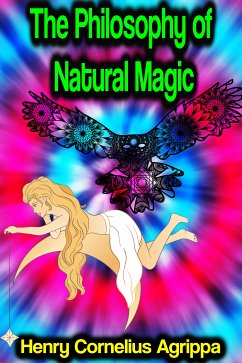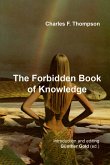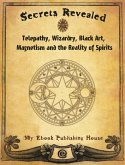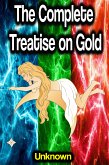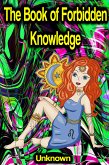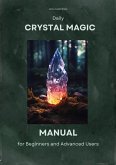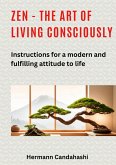The Philosophy of Natural Magic - Henry Cornelius Agrippa - Originally published in 1531-3, De occulta philosophia libri tres, (Three books of Occult Philosophy) proposed that magic existed, and it could be studied and used by devout Christians, as it was derived from God, not the Devil. Agrippa had a huge influence on Renaissance esoteric philosophers, particularly Giordano Bruno. Heinrich Cornelius Agrippa von Nettesheim (1486 - 1535) was a German magician, occult writer, theologian, astrologer, and alchemist. In 1510, he studied briefly with Johannes Trithemius, and sent him an early draft of his masterpiece, De occulta philosophia libri tres, a kind of summa of early modern occult thought. Trithemius was guardedly approving, but suggested that Agrippa keep the work more or less secret; Agrippa chose not to publish, perhaps for this reason, but continued to revise and rethink the book for twenty years. During his wandering life in Germany, France, and Italy, he worked as a theologian, physician, legal expert, and soldier. He was for some time in the service of Maximilian I, probably as a soldier in Italy, but devoted his time mainly to the study of the occult sciences and to problematic theological legal questions. No evidence exists that Agrippa was seriously accused, much less persecuted, for his interest in or practice of magical or occult arts during his lifetime, apart from losing several positions.
Dieser Download kann aus rechtlichen Gründen nur mit Rechnungsadresse in A, B, BG, CY, CZ, D, DK, EW, E, FIN, F, GR, H, IRL, I, LT, L, LR, M, NL, PL, P, R, S, SLO, SK ausgeliefert werden.

